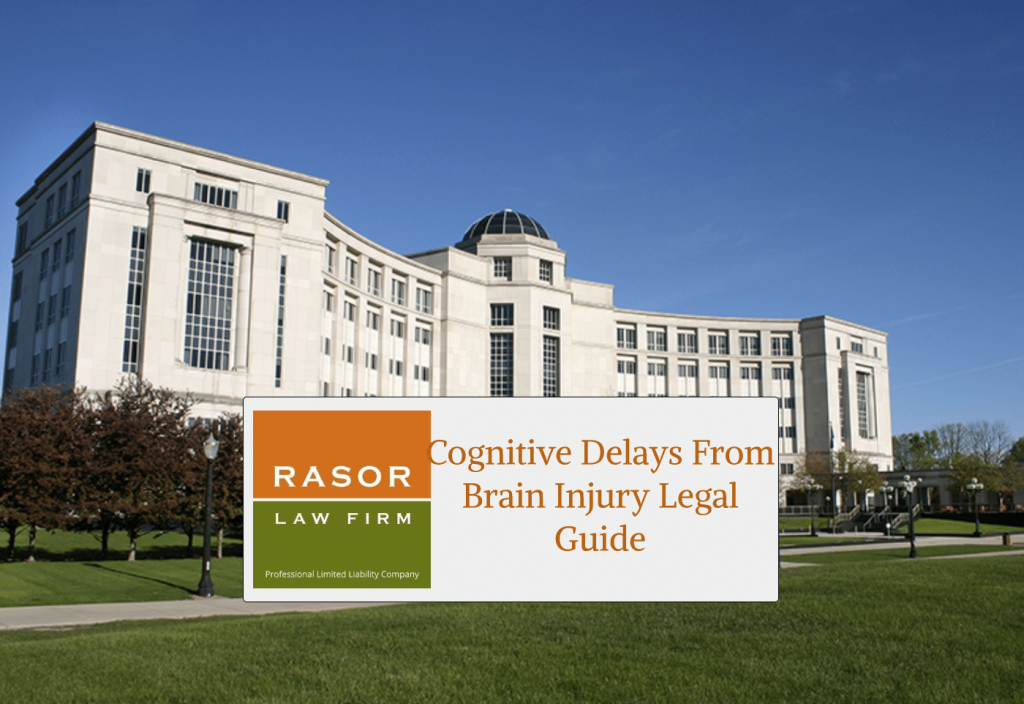Brain injury cognitive delays can have a profound and lasting impact on both the individual and their loved ones. After a traumatic brain injury (TBI), the recovery process often includes more than just physical healing. Many people experience cognitive impairment, which affects their ability to think clearly, focus, remember details, or make decisions. For families and caregivers, watching someone struggle with these challenges is emotionally taxing. For victims, the sense of frustration and loss of independence can feel overwhelming. If you or a loved one are navigating life after a brain injury and noticing signs of cognitive delays, it’s important to understand that support, both medical and legal, is available to help you move forward. Knowing your legal rights in Michigan can help you secure necessary care, therapy, and future protection. This guide will walk you through the legal aspects of brain injury cognitive delays, offering useful insights and expert tips to make sure you are informed during this difficult time.
Understanding Brain Injury Cognitive Delays in Simple Terms
Brain injury cognitive delays refer to challenges in thinking, reasoning, memory, and other mental functions after a head injury. A traumatic brain injury can disrupt how the brain processes information, which may lead to difficulties with communication, concentration, and completing everyday tasks. These changes may appear immediately after the injury or emerge gradually during recovery.
For instance, someone who once managed a team in a fast-paced office may now struggle to follow a basic conversation. A child who experienced a concussion in a car accident may later have trouble learning in school due to memory delays. These are not just “slips” in focus; they can represent serious, life-altering symptoms that require long-term care and rehabilitation.
It’s important to recognize that cognitive delays come in many forms and affect people differently. Whether temporary or permanent, these impairments can deeply influence a person’s ability to live independently, return to work, or complete routine activities. Identifying and addressing these delays early on can lead to better treatment outcomes and improve quality of life.
Why Addressing Brain Injury Cognitive Delays Is So Important
Brain injury cognitive delays disrupt not only mental clarity but also social function, personal relationships, and financial stability. These challenges can create difficulties in almost every aspect of life—from driving to handling money or even remembering the steps to cook a meal. Because many of these injuries remain invisible, they are often misunderstood or downplayed, even by some medical professionals.
That’s where legal support becomes essential. If someone’s cognitive abilities are impaired due to another person’s negligence, whether in a car crash or slip and fall accident, the law offers a pathway to secure compensation for treatment costs, ongoing care, and emotional distress. Without an experienced brain injury attorney on your side, you may find yourself denied needed resources or misunderstood by insurance companies.
- After a slip and fall injury, a 45-year-old man begins forgetting tasks at his job and is eventually let go. Result: loss of income with no formal disability support.
- A teen experiences a concussion during a sports practice and later struggles to complete schoolwork. Result: declining academic performance and social isolation.
- A mother of three suffers a TBI in a car accident and is unable to manage family finances or grocery lists. Result: increased dependence on others and emotional strain on the entire household.
The Legal Process Behind Brain Injury Cognitive Delays in Michigan
- Step 1: You begin by seeking medical help right away. Document all symptoms, especially cognitive delays that impact your daily life.
- Step 2: Contact a Michigan-based brain injury attorney. They will assess your case and help you understand your legal options, including compensation for lost wages and future care.
- Step 3: Your lawyer gathers evidence, including medical records and expert statements, to support your claim in negotiations or court if needed.
Smart Ways to Cope With Brain Injury Cognitive Delays
Common Questions About Michigan Brain Injury Cognitive Delays
How Rasor Law Firm Helps Individuals and Families
At Rasor Law Firm, we guide clients through complex brain injury cases with compassion and experience. Our dedicated legal team understands how cognitive delays affect every part of your life. We use expert resources, medical records, and leading neuropsychological assessments to build a strong case. Whether negotiating with insurance companies or representing clients in court, we bring determination and a track record of success. When you partner with us, you gain a legal team committed to securing rightful compensation, access to quality treatment, and long-term peace of mind. We’re here to make sure you never face the journey alone.


